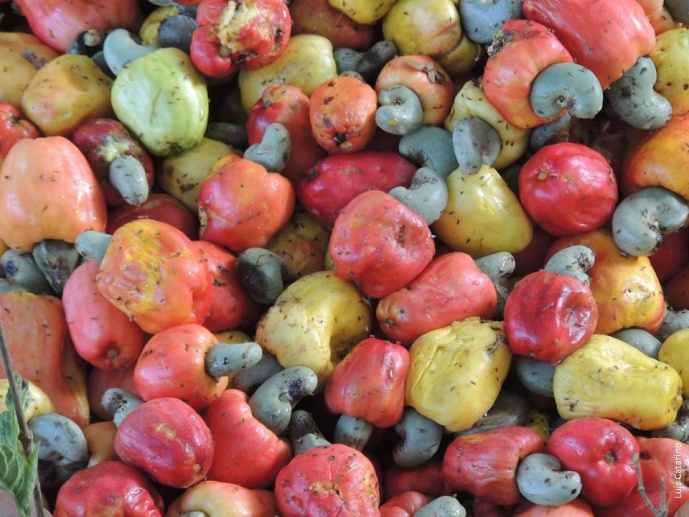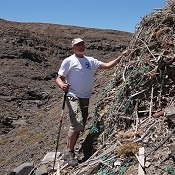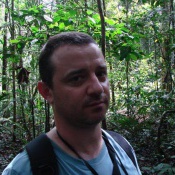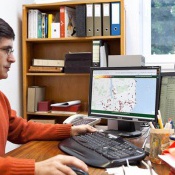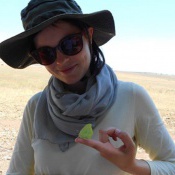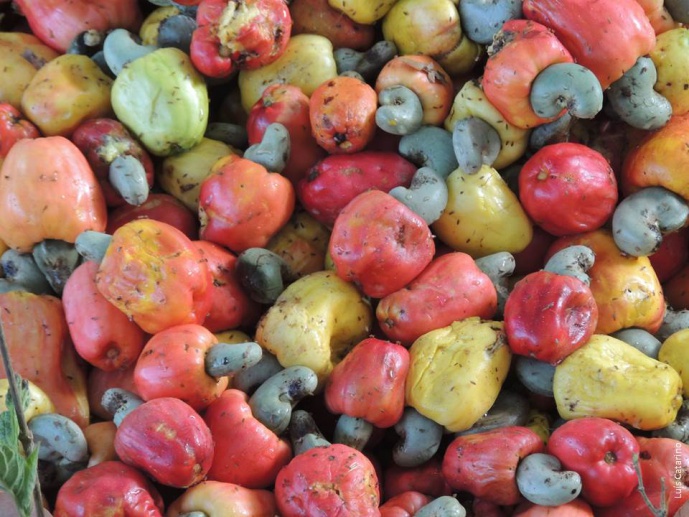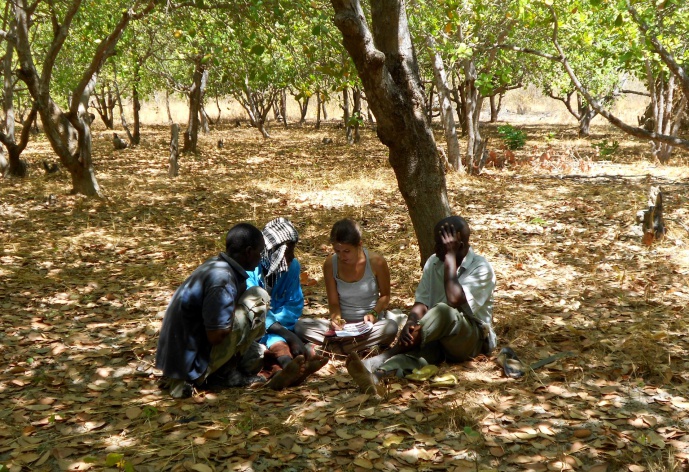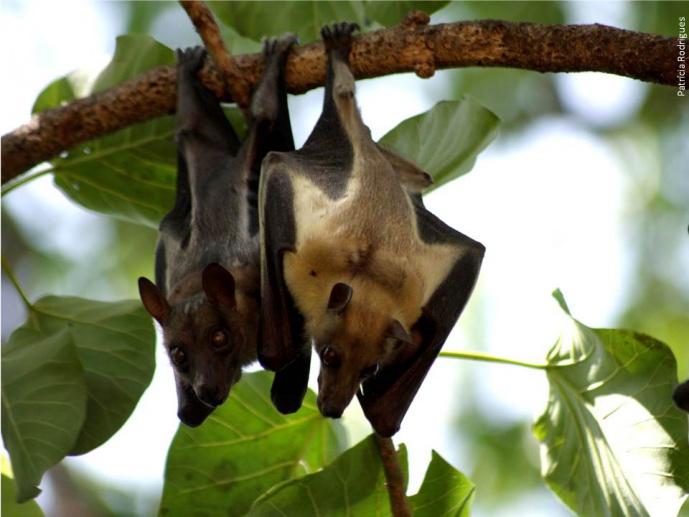CAJU - Cashew in West Africa: socio-economic and environmental challenges of an expanding cash crop
In Guinea-Bissau, traditional subsistence farming is being replaced by cashew plantations. As the area of cashew orchards increases, the land devoted to fallow or other cultures diminishes and the natural vegetation becomes increasingly fragmented. On the other hand, the demand on services provided by the natural ecosystems may be increasing, leading to a greater pressure over the remnant patches of natural vegetation.
This project takes a multidisciplinary approach (combining ecological surveys, ethnographic studies and remote sensing) to address the impacts of the cashew boom on rural livelihoods, ecosystem services and biodiversity. The study area includes 21 villages in the eastern region of Guinea-Bissau (between the cities of Bafatá and Gabú).

Pedro Beja
Duarte Pedro Jácome Félix Oom, Marina Augusta Pereira Padrão Temudo, Maria José Alves do Rio Perestrelo de Vasconcelos, Ana Isabel Rosa Cabral, Viriato Luis Soares Cassamá, Marco Paulo Cristo Mirinha, Yusufo Awa Pereira de Menezes,
